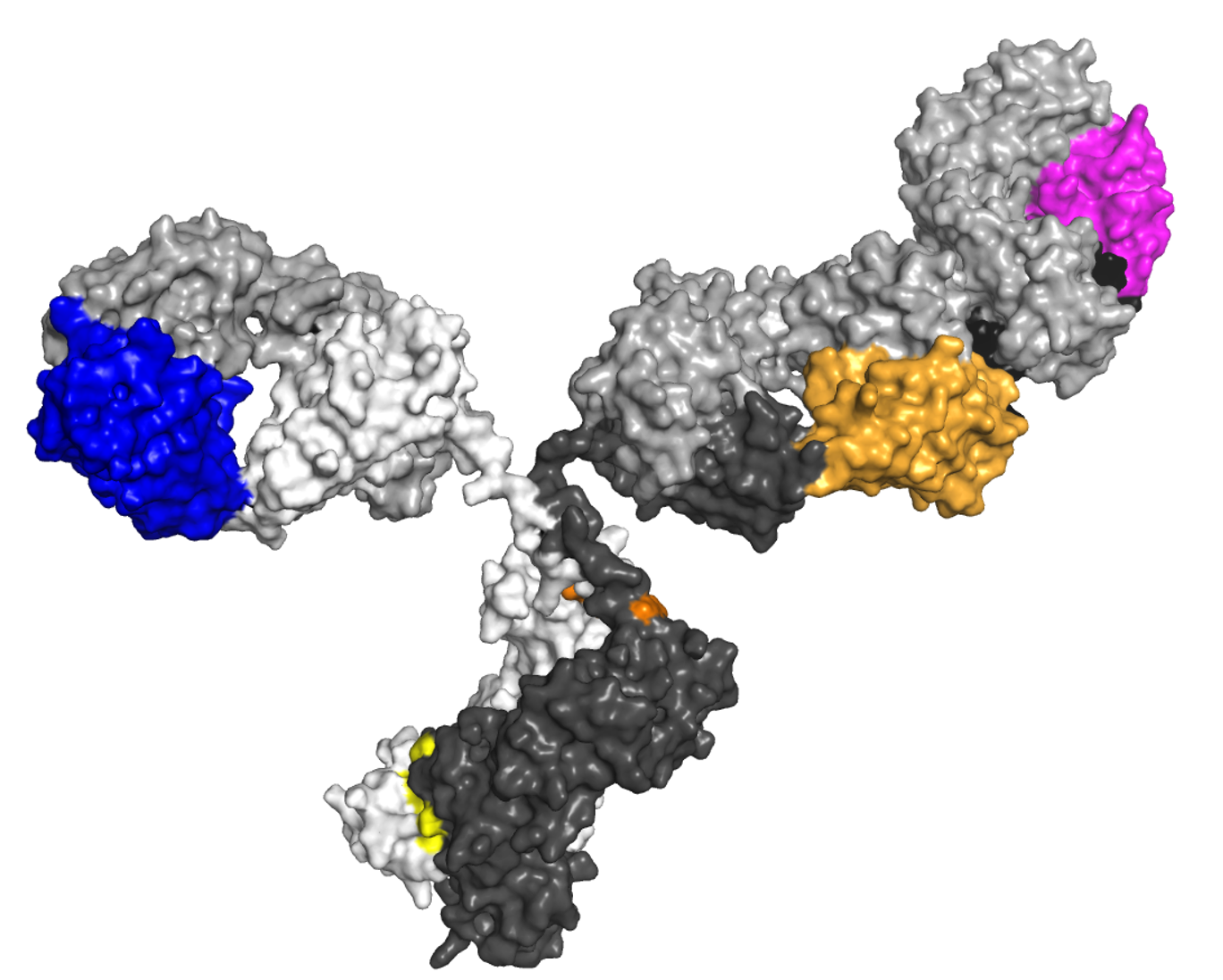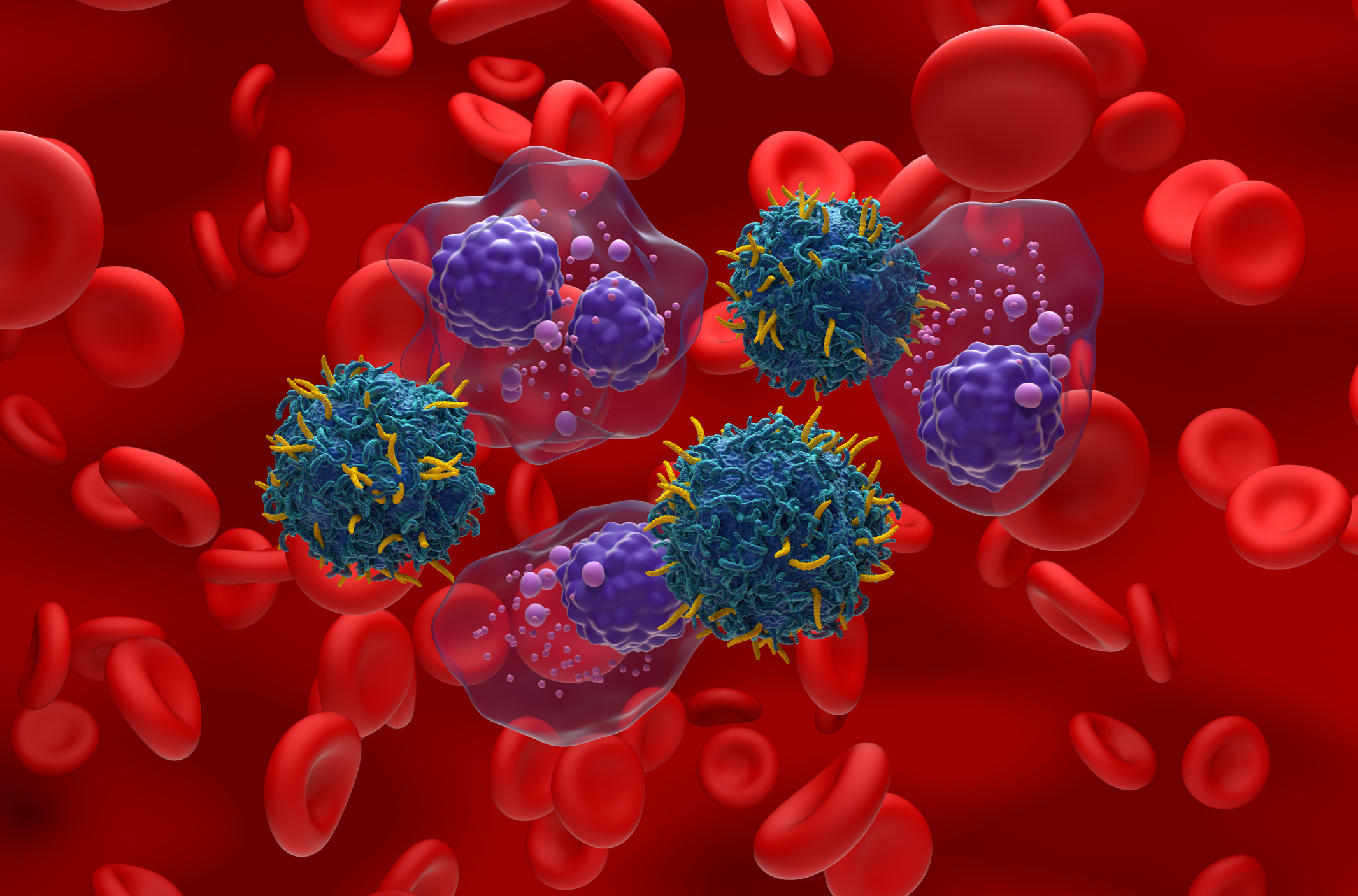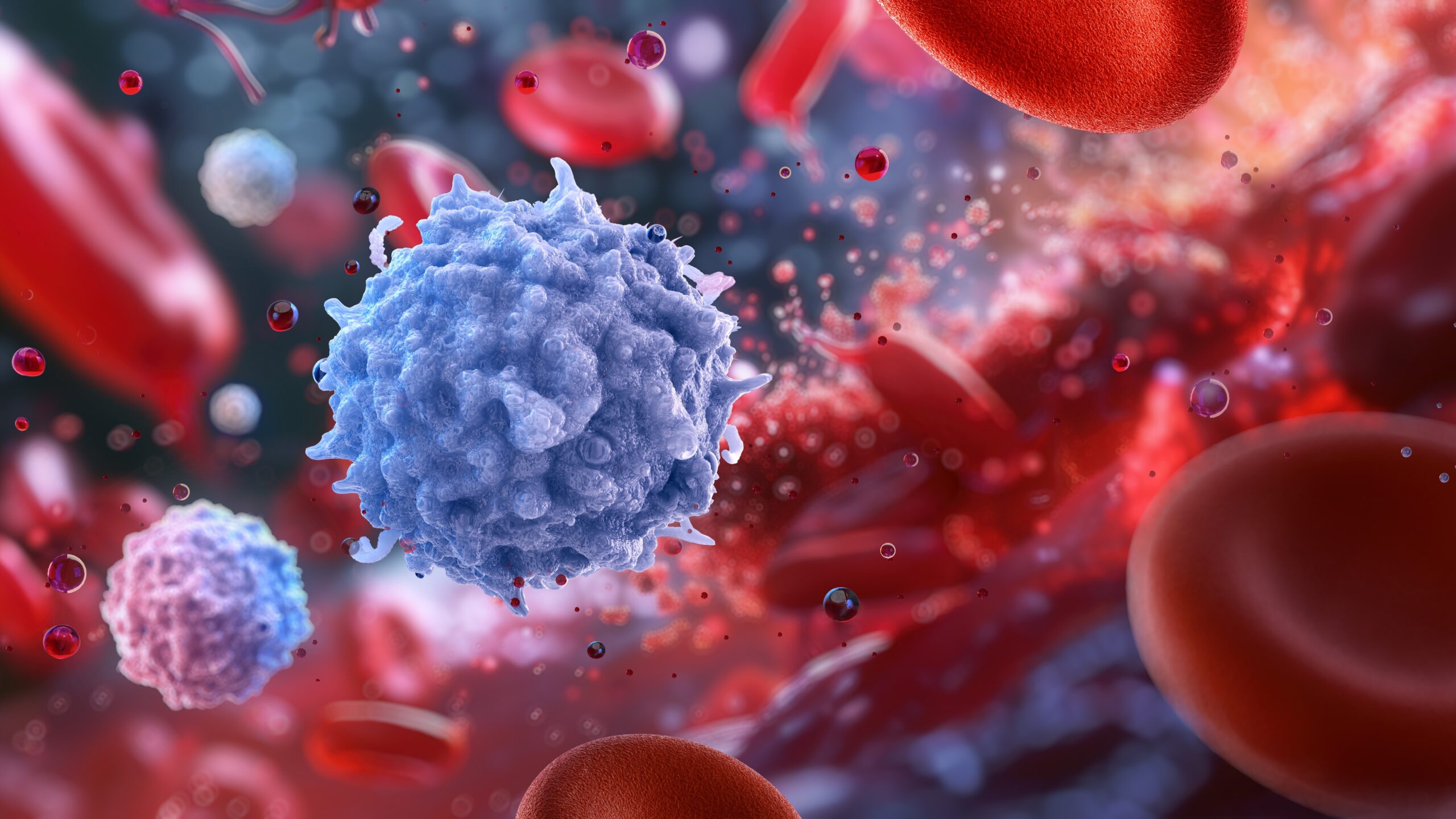
Daratumumab-based induction therapy showed improved responses and comparable safety in newly diagnosed multiple myeloma (MM) compared with triplet regimens, according to a recent meta-analysis. However, the risk of secondary malignancy needs to be further evaluated.
The study was led by Saad Nasir, MBBS, of Aga Khan University Hospital in Pakistan, and presented at the Twelfth Annual Meeting of the Society of Hematologic Oncology in Houston, Texas.
Through a literature search of the MEDLINE (PubMed), Embase, SCOPUS, and Cochrane CENTRAL databases, the researchers identified three randomized, controlled trials (CASSIOPEIA, GRIFFIN, and PERSEUS) that compared daratumumab-based quadruplet therapy with a triplet regimen. The primary endpoints were progression-free survival (PFS) and tumor response to treatment. Secondary endpoints included measurable residual disease and adverse events.
There was a “statistically significant and favorable outcome” for PFS in those receiving a daratumumab-based quadruplet regimen compared with triplet regimens (hazard ratio [HR]: 0.49; 95% CI, 0.41–0.59; P<0.01). Patients receiving daratumumab also had a significantly higher chance of achieving stringent complete response (OR: 2.21; 95% CI, 1.27–3.87; P<0.01) and a very good partial response or better (OR: 2.49; 95% CI, 1.50–4.14; P<0.01). They also had a higher chance of developing thrombocytopenia (RR: 1.70; 95% CI, 1.30–2.21; P<0.01) and second primary malignancies (RR: 1.58; 95% CI, 1.08–2.23; P=0.02). Both groups had similar incidences of neutropenia and anemia.
Reference
Nasir S, Soomro MY, Ahmed F, et al. Comparative effectiveness and safety profiles of daratumumab-based quadruplet induction therapy versus triplet therapy in transplant-eligible newly diagnosed multiple myeloma: a meta-analysis. Abstract #MM-124. Presented at the Twelfth Annual Meeting of the Society of Hematologic Oncology. September 4-7, 2024; Houston, Texas.






 © 2025 Mashup Media, LLC, a Formedics Property. All Rights Reserved.
© 2025 Mashup Media, LLC, a Formedics Property. All Rights Reserved.